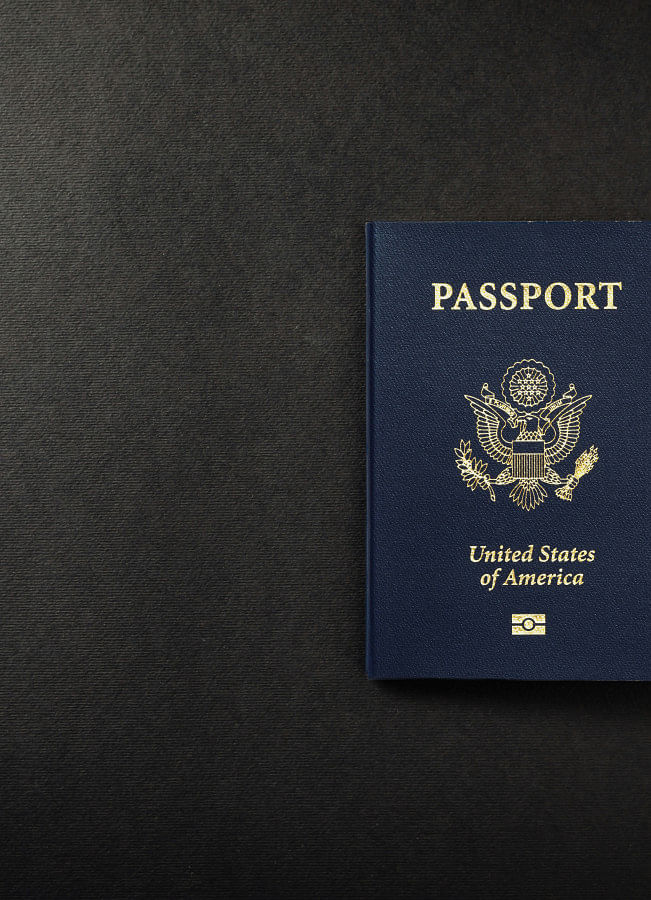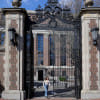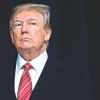International students in US suffer under restrictive new rules

When Sadia Rahman first arrived in the United States as a sociology graduate student, she carried with her the usual hopes — academic growth, professional experience, and freedom of expression. What she didn't anticipate was the slow unravelling of those freedoms under tightening immigration controls.
"I came to the US because I believed it stood for liberty, diversity, and freedom of speech," Rahman reflects. "But now, those very values feel like illusions."
Since early 2025, international students in the US have faced heightened restrictions, including increased surveillance, social media scrutiny, reduced academic funding, and a sharp rise in visa rejections or delays. The change feels more structural than incidental, and students like Sadia are constantly adjusting their lives to avoid risks they once thought belonged only in authoritarian regimes.
"We used to hear that the Trump administration only talked big, but didn't impact us directly. This time, people are being detained, questioned, and even deported. Even green card holders are under threat," she says. "I've stopped writing anything on social media. The self-censorship is constant."
Academic freedom? Only if it's convenient
Beyond the atmosphere of surveillance and silencing, many international students are now seeing their academic aspirations devalued.
"There's barely any funding left for topics like race, migration, gender, or climate change," says one student who has studied political science for the past two years. "If your research might criticise the US or question structural inequality, you won't get far. Faculty don't even show interest anymore."
This selective gatekeeping has pushed many students to pivot their focus or abandon critical inquiry altogether. Federal funding, once accessible for a wide array of research, is now being directed toward fields considered "useful" to the government or corporate sectors, primarily STEM disciplines like computer science, engineering, and pharmaceutical research.
"It's clear," says the student. "America still wants international students, but only the ones it needs to fill tech labs or data centres. The rest of us? We're seen as excess."

Bureaucracy as a barrier, not a bridge
The Optional Practical Training (OPT) and Curricular Practical Training (CPT) programs, which are meant to help students gain professional experience during or after their studies, have also become bureaucratic hurdles instead of pathways.
Tahmid Hasan, an international student who has completed his master's and secured a fully-funded PhD, shares his frustration:
"I applied for CPT in April. By May 25, I completed all the paperwork. But as of today, the university still hasn't approved it. And my job was supposed to start now."
What follows is a long, inefficient journey. Students must secure a job offer, get it approved by their department, have it vetted by the career centre, and finally submit it to the International Student Services office. At every step, delays mount and opportunities vanish.
"Because of these delays, many of us are forced to take underpaid, unofficial jobs such as at gas stations, grocery stores, and restaurants. These are not what we came here to do. But we need to survive," he elaborates.
Universities often deflect responsibility, offering generic warnings about immigration limitations but failing to provide real-time support. The result? Frustrated students who feel abandoned during the most precarious phase of their journey.
Welcome, but only for a while
Many students express a growing realisation that the US may still welcome them as students, but not as future residents.
"America is following a European-style immigration policy now," says Hasan. "They want you to study here, pay tuition, contribute to research, but not stay."
He explains that even those who are pursuing green cards remain outsiders in practice. Despite contributing to the economy, culture, and academia, international students rarely gain full access to rights and services that natural-born citizens enjoy.
"We're not citizens in any real sense, even if we get green cards. We are tolerated, not included."
The bigger picture
The consequences of this shift go beyond individual hardship.
As funding shrinks for critical studies, and student voices are silenced through fear and surveillance, US academia risks becoming intellectually homogenous. Research diversity will diminish and global collaboration will suffer. And the country's image as a beacon of free thought will continue to erode.
For now, international students remain out of obligation, hope, or sheer endurance. But each delayed application, ignored protest, and censored voice adds to a growing sense of alienation.
Disclaimer: Some names and identifying details in this article have been changed to protect the privacy and anonymity of the individuals interviewed.

 For all latest news, follow The Daily Star's Google News channel.
For all latest news, follow The Daily Star's Google News channel. 








Comments